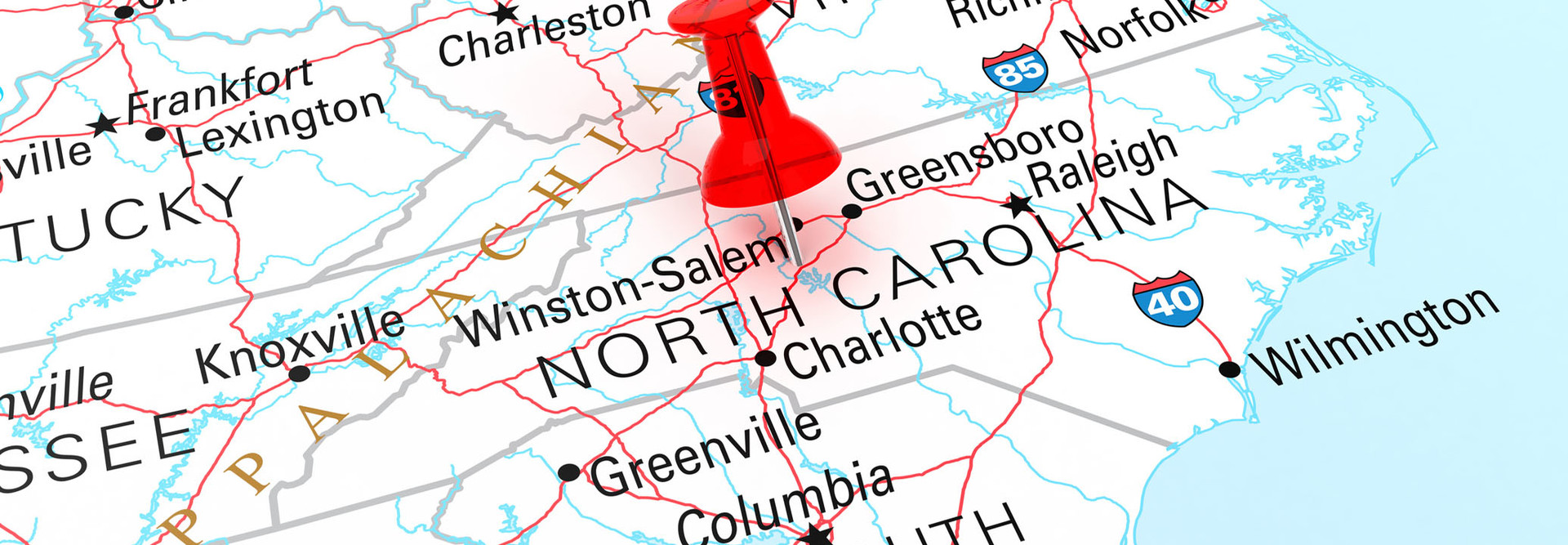Cary, N.C., Kicks Off Smart City Initiatives with Internal IT Overhaul
Cary, N.C., is a small city with big smart city ambitions. Residing just outside Raleigh, N.C., the 155,000-resident community is taking advantage of its proximity to the state’s technical innovation hub and has launched several connected tech initiatives in the last year.
Most recently, the town teamed with Cisco to better manage parking in its downtown using Cisco Kinetic for Cities, which will allow the city to monitor the number of available parking spots and provide insights on how to develop and arrange parking in the future.
The city has also replaced its static water meters with an automated meter infrastructure that allow it to better monitor and alert residents to water use as well as possible leaks, so homeowners know about an issue before being slapped with a costly water bill.
While these innovations are exciting for residents and city staff members, the city’s IT leaders are also targeting big changes in city hall and local department IT infrastructure in order to make government backend operations run smoothly and efficiently enough to enable larger IT changes.
SIGN UP: Get more news from the StateTech newsletter in your inbox every two weeks
Simplifying IT with the Cloud, Outsourcing and Centralized IT
When Cary Chief Technical Officer Peter Kennedy took his post less than two years ago, the town was facing several IT challenges.
“There were over 100 disparate systems that were used in a variety of aspects throughout the town. For example, we had multiple work order management systems throughout the departments. There was no data that was shared. Departments were siloed off,” says Kennedy. “There wasn’t much of a cloud strategy.”
The IT organization was designed around a traditional model, which meant that all IT services were maintained in-house and the IT staff spent more of its time keeping the lights on than researching technologies.
“The biggest thing here is that there was no one-stop shop for our citizens. There was no one number to call or one portal to log into for city services. And, more than that, there was no one-stop shop for ourselves. Internally, we were broken up into siloed departments,” Kennedy adds.
To create a more agile IT department, Cary CIO Nicole Raimundo laid out a strategy to centralize all of the town’s services on the Salesforce platform. She began looking contracting vendors to outsource many IT services that were sucking up a lot of the IT team’s time and attention. Raimundo also laid out a more fully-formed approach to moving services to the cloud.
“A platform approach makes us more nimble,” says Kennedy.
A prime example is Cary’s move from its internal, on-premises email system to Microsoft Office 365 in the cloud. The migration aims to free up staff time and attention.
“By moving email to the cloud like this, we have more uptime, we have a lot more space, and we no longer have to worry about maintaining the servers and the backup, the power, the networking, and all the other things that go along with that,” says Kennedy.
The larger move to centralize all IT services on the Salesforce platform also aims to offer the government a central portal for all IT services, ultimately simplifying everything from IT training to hardware maintenance.
“It eliminates all hardware maintenance, so you’re not having to do all that upgrading on site — you don’t have to upgrade the hardware, the operating system or go through that whole headache of testing. That’s outsourced to the vendor and you don’t have to deal with it,” says Kennedy, adding that all the platforms are designed to be harbored in the cloud, so government employees can access them “anywhere, anytime, anyplace.”
And on the citizen services side, the long-term goal is to provide Cary residents with a single portal where they can log in and conduct all city business.
“It can be calling up to say that the city missed their trash, or pay a bill, set up a class for children — the idea is that you would have one place to go and also one number to call,” says Kennedy.
The city is also working to provide real-time updates on work orders for resident city services.
Ultimately, Kennedy is hoping that by building out tech that can streamline efficiencies, Cary can work to break down many of the technology and cultural silos within city IT departments and services.
“We need to start thinking of ourselves less as a hierarchy and more as an interconnected organization,” says Kennedy. “Technology will help with that, but it’s not the cure-all.”









